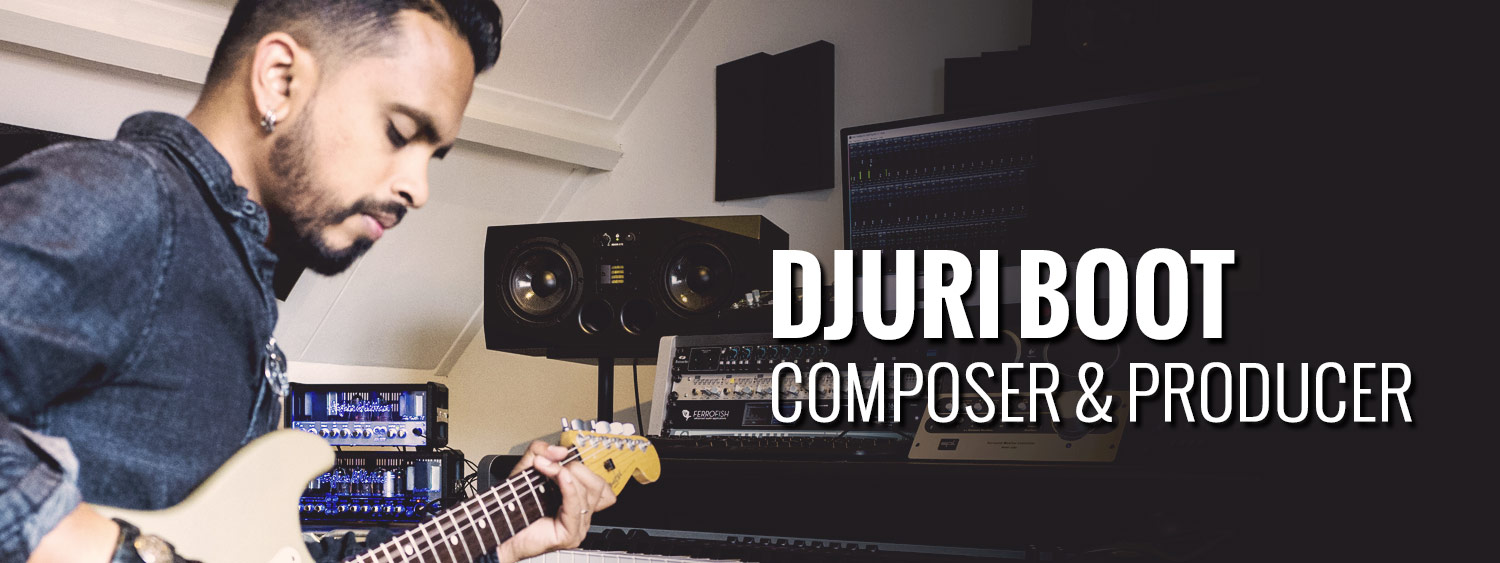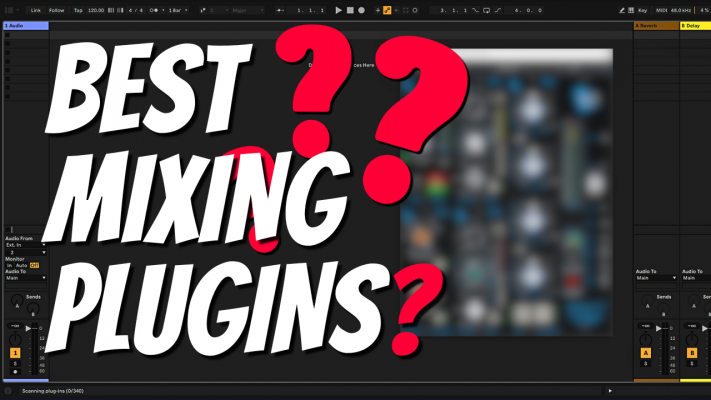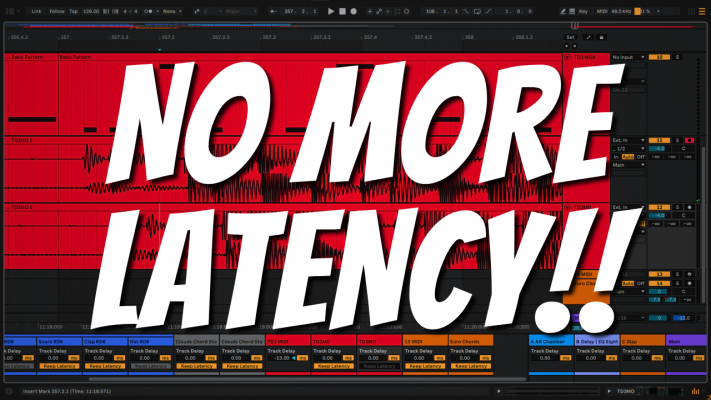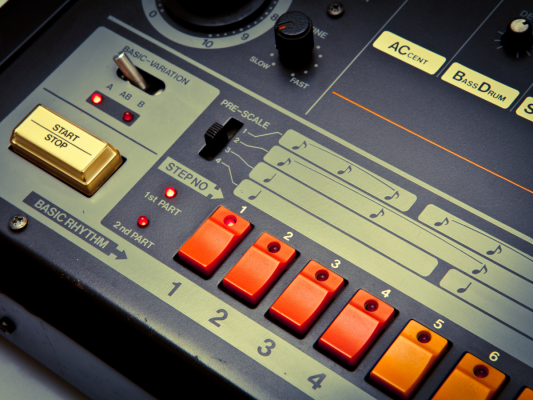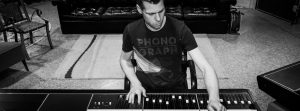An interview with music composer and producer Djuri Boot
At the Utrecht school of arts, I occasionally get lessons from guest lecturers. This is really useful to learn more about the field of work. In this article, I talk about how Djuri Boot landed his first job as a media composer and I will tell something about his daily activities.
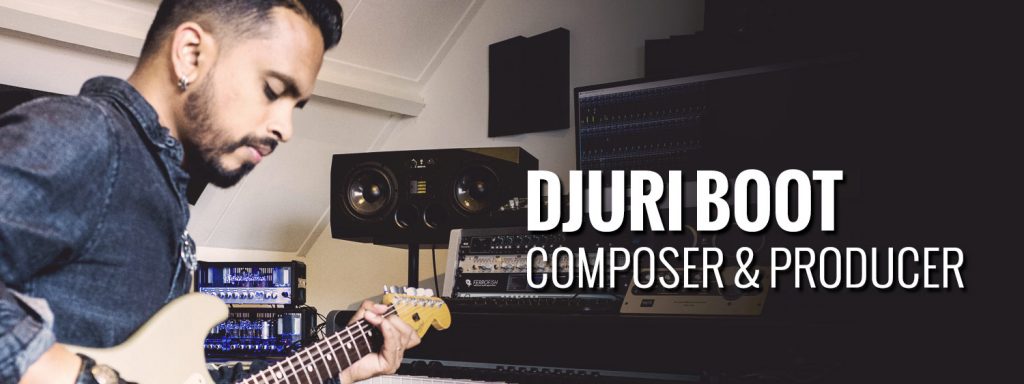
Djuri Boot is a composer for film, radio, online content and local events. Djuri is a multi-instrumentalist with electric guitar as his main instrument. Djuri initially focused on music production and writing for his friends. While in his third year of music and technology he began to appreciate the craft of music composition more and more. When he told his teachers that he wanted to continue studying music composition they said it wasn’t really something for him. But he insisted shifting focus to composition and so he did, even though it was too late to graduate as composer.
First steps
Djuri’s first major project came about from his circle of friends where he was asked to make a composition for pink Monday at the Tilburg fair. They wanted a crossing of Toy Story v.s. warfare and gave him a deadline of only 18 hours. His concept eventually made use of virtual orchestrating a fanfare band.
“Having such tight deadlines, you really have to work in the box because you just don’t have the time to hire real musicians. In addition, you must also meet the projects budget. There is often no money to hire professional musicians.”
During these types of projects, sound design is often done by the composer as well to prevent additional costs. Djuri also managed to get an endorsement from guitar amplifier manufacturer ‘Hughes & Kettner’. The company has been bound to the metal scene since day one and is more than happy to market their products in other musical genres as well.
Time management
For Djuri, quickly completing a quality product is an important property. In between projects he devotes his attention to creating presets and templates. He also demo’s new software plug-ins and tries to find new clients. “As long as clients pay their bills and are satisfied, you are doing well as a media composer. Customer satisfaction is very important because word-of-mouth advertising is the greatest source to acquiring new customers.”
As a composer, you often get a tight plan from the ‘creatives’. These are the advertisers’ experts, some sort of directors, and these are the people you work with on a daily basis. In spite of collaborating with creatives, the company’s CEO is ultimately the one who makes or breaks the deal. The chief executive often has no musical background and can be quite subjective, so it’s sometimes hard to really understand his feedback.
Every now and then you have to break the rules in order to stand out. It also never hurts to have a broad knowledge of musical genres in order to make your clients happy.

